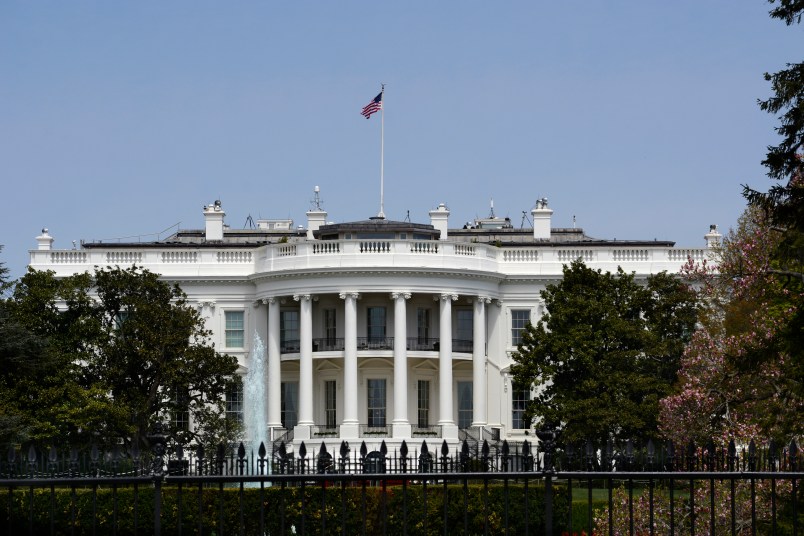WASHINGTON (AP) — Federal officials intercepted an envelope addressed to the White House that contained the poison ricin, a law enforcement official told The Associated Press on Saturday.
The letter was intercepted at a government facility that screens mail addressed to the White House and President Donald Trump, the official said. A preliminary investigation indicated it tested positive for ricin, a poison found naturally in castor beans, the official said.
The official was not authorized to discuss the ongoing investigation publicly and spoke on condition of anonymity.
Federal investigators were working to determine where the enveloped originated and who mailed it. The FBI, the Secret Service and the U.S. Postal Inspection Service were leading the investigation.
In a statement, the FBI said agents were working to investigate “a suspicious letter received at a U.S. government mail facility” and that there is “no known threat to public safety.”
A Navy veteran was arrested in 2018 and confessed to sending envelopes to Trump and members of his administration that contained the substance from which ricin is derived.
Authorities said the man, William Clyde Allen III, sent the envelopes with ground castor beans to the president, FBI Director Christopher Wray, along with then-Defense Secretary Jim Mattis, then-CIA Director Gina Haspel, Adm. John Richardson, who at the time was the Navy’s top officer, and then-Air Force Secretary Heather Wilson. The letters were intercepted, and no one was hurt.
In 2014, a Mississippi man was sentenced to 25 years in prison after sending letters dusted with ricin to President Barack Obama and other officials.



